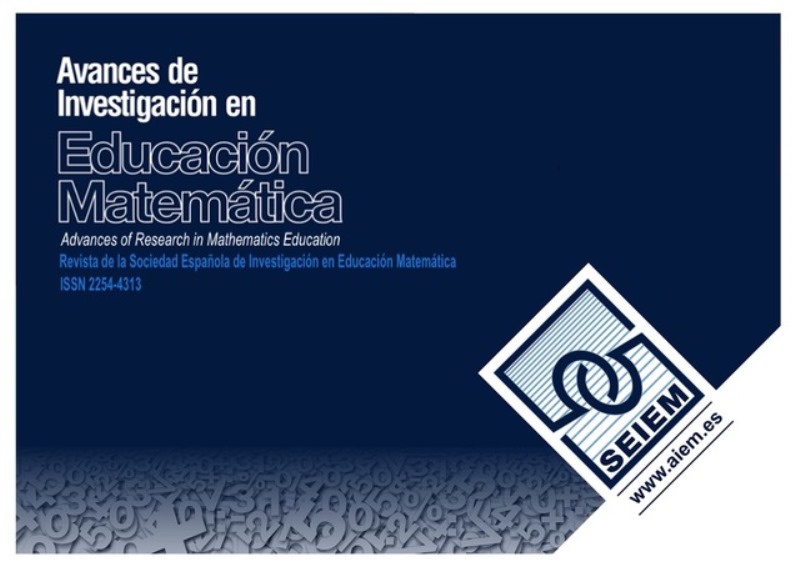Assessing high school knowledge of expectation and fair games
DOI:
https://doi.org/10.35763/aiem.v1i11.170Keywords:
expectation, fair game, high school, random variable, probabilityAbstract
In this paper we present an exploratory study of high school knowledge of mathematical expectation, which is considered by some authors to be more intuitive than the random variable and even than probability, in the context of fair games. We analyzed responses from a sample of 63 high school students two tasks with two parts each, report the correct answers and errors obtained and compare with results obtained by other authors.
Downloads
Download data is not yet available.
Downloads
Published
2017-05-05
How to Cite
Guerrero Treviño, H., Ortiz de Haro, J. J., & Contreras García, J. M. (2017). Assessing high school knowledge of expectation and fair games. Advances of Research in Mathematics Education, (11), 107–125. https://doi.org/10.35763/aiem.v1i11.170
Issue
Section
Artículos
License
The articles published in this journal are under a license Creative Commons: By 4.0 España from number 21 (2022).
Authors who publish with this journal agree to the following terms:
- Authors retain copyright and keep the acknowledgement of authorship.
- The texts published in this journal are – unless indicated otherwise – covered by the Creative Commons Attribution 4.0 international licence. You may copy, distribute, transmit and adapt the work, provided you attribute it (authorship, journal name, publisher) in the manner specified by the author(s) or licensor(s). The full text of the licence can be consulted here: http://creativecommons.org/licenses/by-nc/4.0.
- Authors are able to enter into separate, additional contractual arrangements for the non-exclusive distribution of the journal's published version of the work (e.g., post it to an institutional repository or publish it in a book), with an acknowledgement of its initial publication in this journal.
- Authors are permitted and encouraged to post their work online (e.g., in institutional repositories or on their website) prior to and during the submission process, as it can lead to productive exchanges, as well as earlier and greater citation of published work (See The Effect of Open Access).









